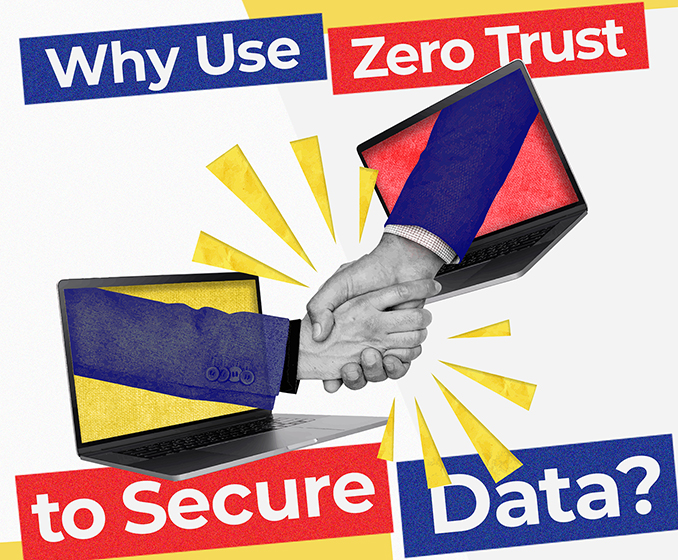In today's digital age, data breaches are becoming increasingly common, and businesses need to take measures to ensure the safety of their confidential information. One approach that has gained popularity in recent years is the Zero Trust security model. In this blog post, we will explore what Zero Trust is and why it is an effective security strategy to secure data.
What is Zero Trust?
Zero Trust is a security model that assumes that all users, devices, and applications, whether inside or outside of the network perimeter, are potential threats. Therefore, it requires strict identity verification and access control for every user, device, and application that attempts to connect to the network. In other words, Zero Trust does not trust anything by default and requires authentication and authorization for every access request.
For example, Ahsay is a cloud backup and recovery solutions provider which is using 2- Factor Authentication access control to verify user information in login to backup system. This is a way to implement zero trust security strategy.
Why Use Zero Trust to Secure Data?
Zero Trust provides several benefits that make it an effective security strategy to secure data, such as:
Protection Against Insider Threats
Insider threats are one of the most significant risks to organizations as they often have access to sensitive data. Zero Trust's strict access control and authentication requirements help mitigate the risk of insider threats by limiting access to only those who need it.
Enhanced Network Security
Traditional security models rely on perimeter defense, which assumes that everything inside the network is trusted. However, with the rise of cloud computing and remote workers, this model has become outdated. Zero Trust's model of constant identity verification and access control helps enhance network security by monitoring and verifying all traffic, whether inside or outside the network perimeter.
Compliance with Regulations
Many industries have strict data protection regulations that require organizations to take specific measures to protect sensitive data. Zero Trust's identity verification and access control mechanisms can help organizations comply with these regulations by ensuring that only authorized users can access sensitive data.
In conclusion, data breaches can be costly and damaging to businesses, and Zero Trust is an effective security model that can help mitigate the risk of data breaches. By assuming that all users, devices, and applications are potential threats and implementing strict identity verification and access control, Zero Trust provides enhanced network security, protection against insider threats, and compliance with regulations. Therefore, businesses should consider implementing Zero Trust as part of their security strategy to secure their sensitive data.
